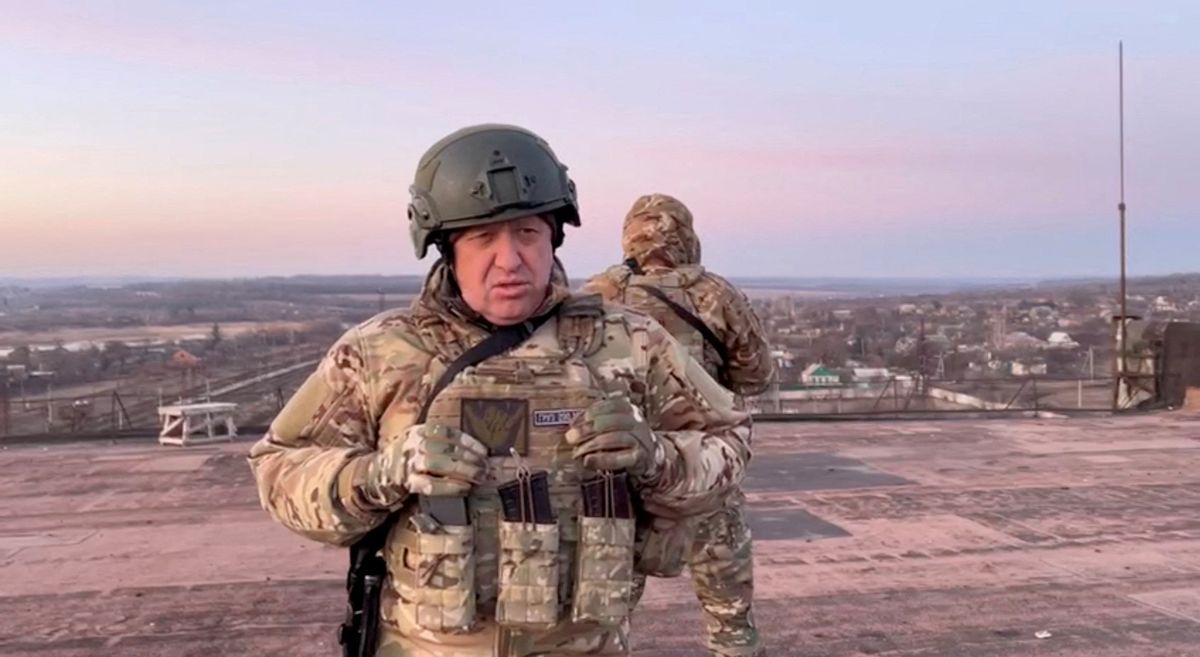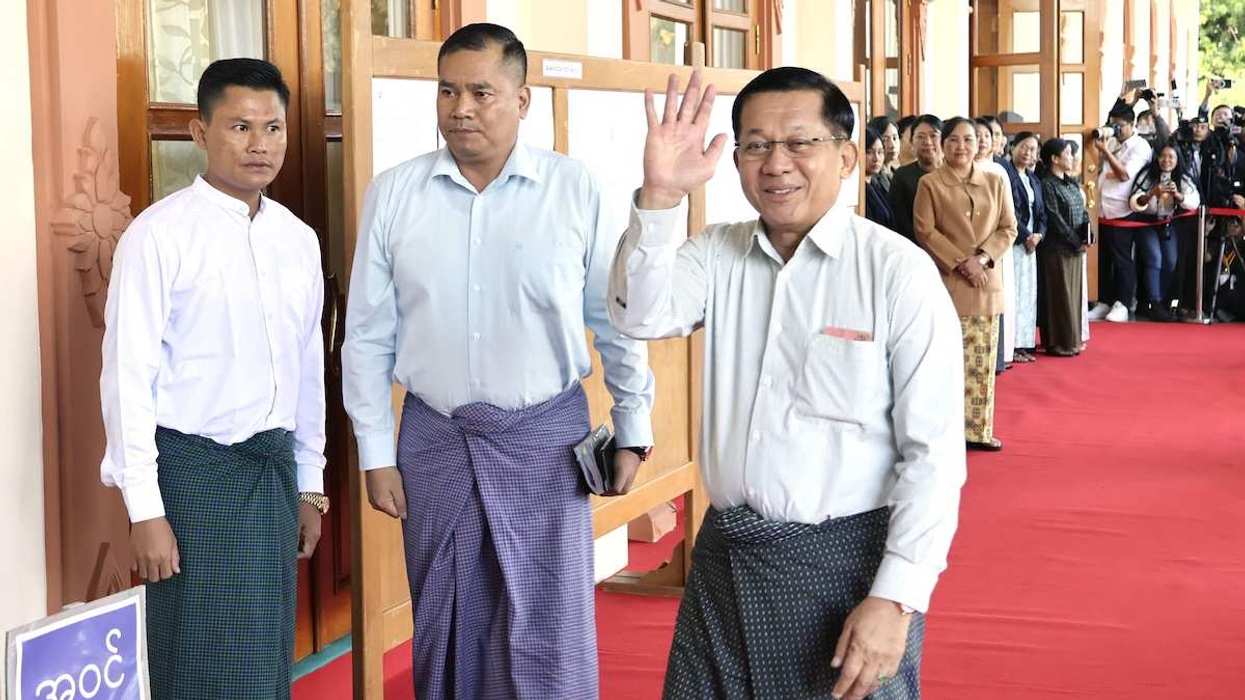The Russian warlord shaking his fist toward Moscow
Yevgeny Prigozhin is angry, and he wants the world to know about it. In a recent video that’s now making international news, the owner of the Wagner Group, a Russian mercenary force fighting in Ukraine, complains his men are not receiving ammunition he personally requested from Russian military chief Valery Gerasimov, and that the reason might be “betrayal.” He speculates his men are being “set up” as scapegoats in case Russia loses the war. Whatever the truth, Russian public infighting over the war looks to be intensifying. Russian forces have been “closing in” on Bakhmut for months, and Ukrainian troops still appear to be holding most of their ground. It may be a sign that Russia’s current advance won't accomplish much. According to the Institute for the Study of War, a Washington-based think tank, “The Russian offensive to capture Bakhmut will likely culminate whether Russian forces capture the city or not, and the Russian military will likely struggle to maintain any subsequent offensive operations for some months.” Ukraine, meanwhile, continues to gear up for an expected counteroffensive in the coming weeks as Russian forces are depleted and new weapons arrive in Ukrainian hands from Western allies.
Israel’s ‘Mr. Security’ antagonizes the military
There’s growing fear of a trickle-down effect after a group of army reservists opposed to the Netanyahu government’s proposed judicial overhaul said they would boycott training exercises later this week. On Sunday, 37 out of 40 pilots from the Israeli Air Force’s 69th Squadron – responsible for operating the advanced F-15I fighter jets (used in the past to conduct surgical hits on strategic targets inside Syria and Iran) – said that they won’t report for training due to the government's attempt to dilute the power of Israel’s independent judiciary. Crucially, they will report for duty if their service is needed, the group said, though analysts point out that training is crucial to the upkeep of this unit. While some military members have voiced opposition to the government’s judicial play, this move represents the most high-profile defection to date. What’s more, there have been reports that mid-tier pilots currently on active duty might also refuse to serve, which would have significant implications for Israel’s security posture. But PM Benjamin Netanyahu, likely facing pressure from his far-right coalition partners, doesn’t seem keen to lower the temperature, saying on Monday that “conscientious objectors threaten the foundation of our democracy.” Indeed, Netanyahu has long positioned himself as “Mr. Security,” but that’s going to be increasingly hard to do as he picks a fight with swaths of the military.
Who’s behind chemical attacks on Iranian schoolgirls?
The Islamic Republic’s Supreme Leader Ali Khamenei on Monday finally addressed the spate of chemical attacks that has hospitalized more than 1,000 Iranian schoolgirls since late November. After reports that schools in 21 of Iran’s 30 provinces have been hit, he said the perpetrators must face the “harshest punishment,” while the country's top judicial officer said those responsible would face the death penalty. But who’s behind the attacks? Several government ministers have suggested that radical Islamists opposed to girls’ education are responsible for the poisonings that have sent girls to hospital with symptoms of nausea and vomiting, while others have suggested that the regime could be targeting the girls as a reprisal for the cohort’s participation in recent anti-government protests. Still, the regime has been broadly criticized for failing to address the issue sooner. Meanwhile, parents of poisoned girls protesting in Tehran were beaten by security officials, according to footage shared on social media.


















